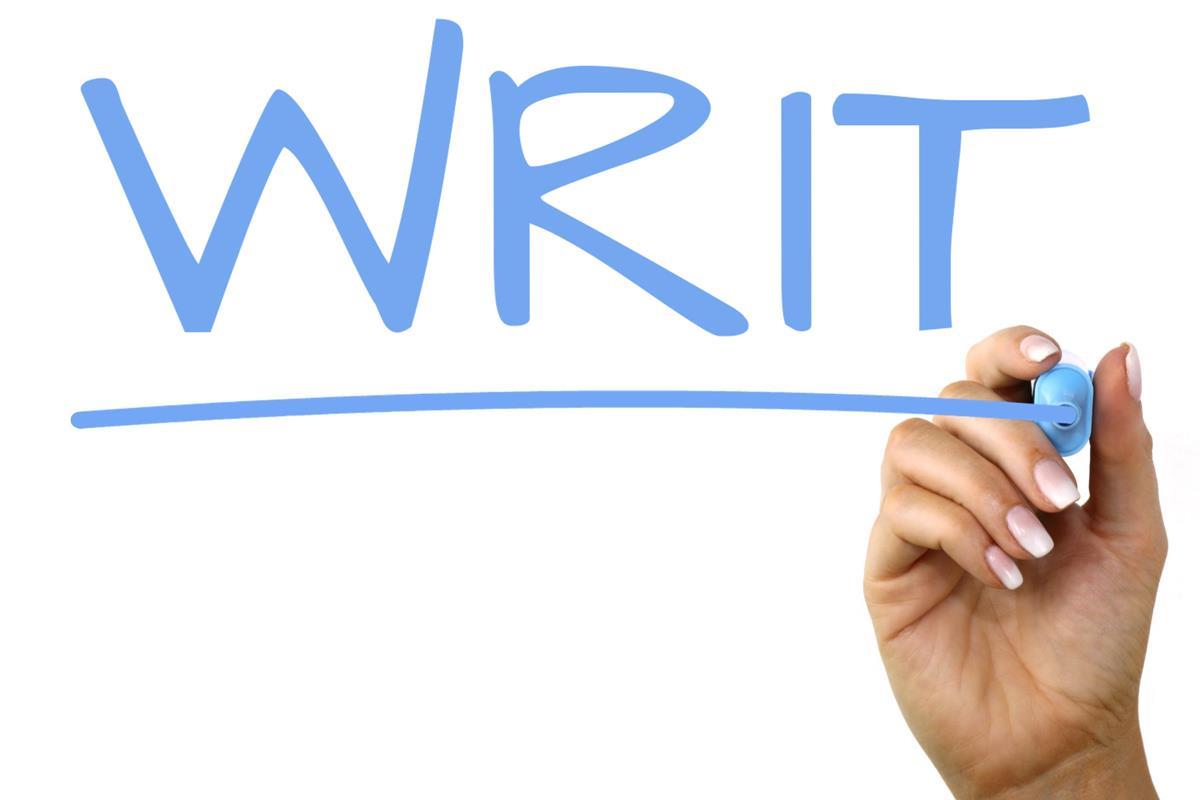India's legal system empowers citizens with a unique set of tools to safeguard their fundamental rights: writs. These are formal orders issued by high courts or the Supreme Court, compelling public authorities or individuals to act in a specific way. Understanding writs and their applications is crucial for anyone seeking justice in India. This blog explores the concept of writs, their various forms, and the process of drafting a writ petition.
Writs: Guardians of Fundamental Rights
Writs are enshrined in Articles 32 and 226 of the Indian Constitution. These articles empower the Supreme Court and High Courts, respectively, to issue writs for the enforcement of fundamental rights. Writs serve as a vital check on the power of the state and ensure that authorities act within the bounds of the law.
Five Stalwarts: The Different Types of Writs
The Indian legal system recognizes five primary writs:
1. Habeas Corpus: This writ translates to "produce the body" and is used to challenge unlawful detention. It compels authorities to produce a detained person before the court and justify their detention.
2. Mandamus: Meaning "we command," this writ directs a public authority or official to perform a legal duty they are failing to fulfill.
3. Prohibition: This writ acts as a "stop" order, prohibiting a lower court or tribunal from exceeding its jurisdiction or acting illegally.
4. Certiorari: Meaning "to be made certain," this writ empowers the higher court to quash or correct an order passed by a lower court or tribunal deemed to be erroneous.
5. Quo Warranto: This writ translates to "by what warrant" and is used to challenge the right of a person to hold a public office.
Drafting a Writ Petition: Seeking Justice Through Procedure
If you believe your fundamental rights have been violated, you can approach the High Court (for issues within your state) or the Supreme Court (for pan-India issues) by filing a writ petition. Here's a simplified breakdown of the process:
-
Consultation with a Litigation Consulting Firm: Litigation consulting firms can provide invaluable guidance throughout the process. They can help you determine the most appropriate writ for your situation and assess the strength of your case.
-
Drafting the Petition: The writ petition is a legal document outlining the nature of the alleged violation, the specific writ being sought, and the relief requested from the court. Litigation consultants can assist in drafting a clear, concise, and legally sound petition.
-
Filing the Petition: Once drafted, the petition must be filed with the appropriate court along with the required fees.
-
Court Hearing: The court will hear arguments from both sides and may issue an interim order or schedule a further hearing.
-
Judgment: The court will issue a final judgment, either granting or denying the writ petition.
Beyond the Basics: The Importance of Legal Expertise
While this blog provides a basic overview, the process of drafting and filing a writ petition can be complex. Experienced Litigation consultants possess in-depth knowledge of writ procedures and a deep understanding of relevant case law. They can offer significant advantages:
1. Strategic Guidance: Litigation consultants can advise you on the most appropriate course of action and the best writ to pursue based on the specific circumstances of your case.
2. Strong Case Development: They can assist in gathering evidence, identifying legal precedents, and building a compelling case to present to the court.
3. Effective Representation: Litigation consultants can represent you in court or guide you in finding the right lawyer to advocate on your behalf.
Conclusion: Writs - A Powerful Tool for Justice
Writs are powerful instruments for upholding fundamental rights and ensuring accountability within the Indian legal system. By understanding the different types of writs and the process of drafting a writ petition, you can become better equipped to protect your rights and seek justice. Remember, litigation consulting firms like Master Brains Consulting can be your valuable allies in navigating this intricate legal process.


